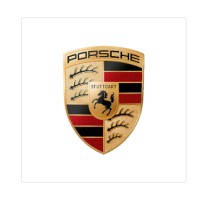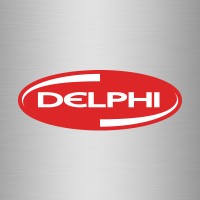
Porsche Cars North America
At Porsche Cars North America, we thrive on a foundation of precision engineering fueled by the American entrepreneurial spirit; we carry on the vision of our founder, Ferry Porsche, by delivering impassioned experiences as legendary as the cars we build, and we do it every day. We are fueling Porsche Passion as an unprecedented brand built on the idea that we are better together as a diverse and gifted workforce united in the desire to be the world’s most aspirational brand and most empowering employer. As an extension of the Porsche family, each of our team members brings a unique perspective and master craft to our workforce. We boast the brightest engineers, brand builders and marketing minds, business development leaders, analytical aficionados and corporate professionals in the automotive business – not because we want to lead our industry in performance and customer satisfaction, but because we do.






